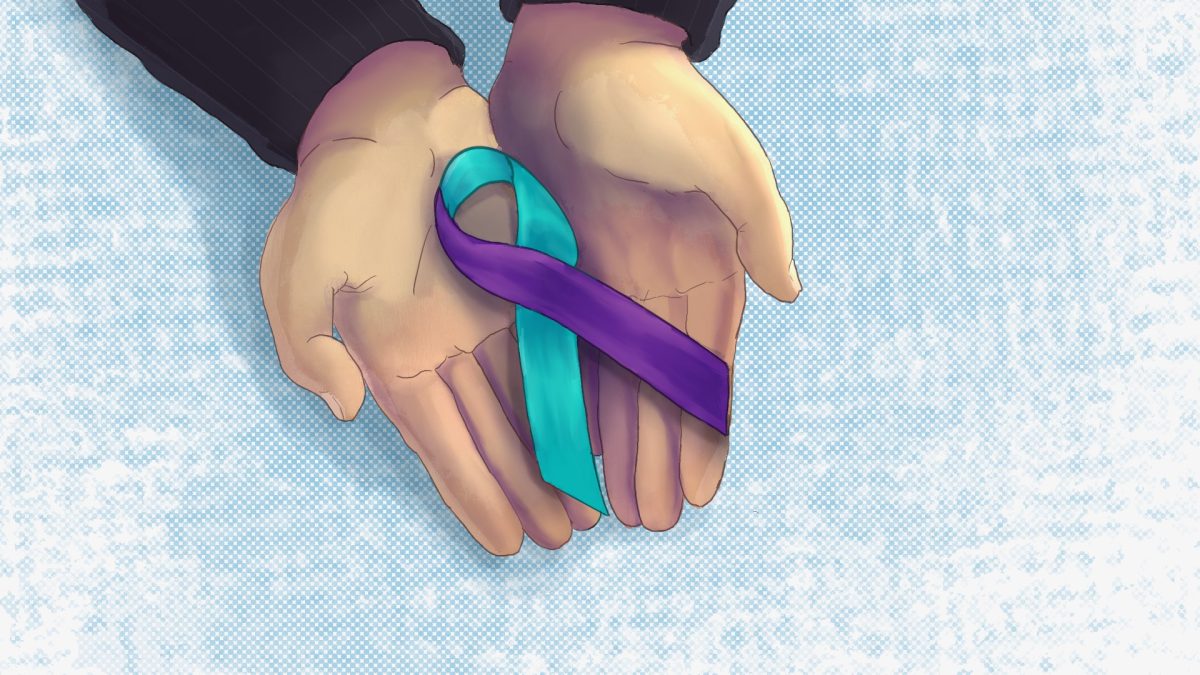Editor’s note: If you are struggling with your mental health, please contact the WKU Counseling Center at 270-745-3159. If you are having thoughts of suicide, please contact the National Suicide and Crisis Lifeline at 988.
September is Suicide Prevention Month, a time when organizations and activists across the nation come together to raise awareness about mental health across the United States.
WKU has several on-campus resources and services students can utilize for mental health support.
As Suicide Prevention Month comes to an end, here are some of the mental health resources students can utilize on campus, anytime.
The WKU Counseling Center
The WKU Counseling Center has a multitude of programs to help students on campus with a wide range of needs and provides free therapy services.
“The WKU Counseling Center is committed to promoting the academic mission of the university by providing a variety of psychological services to students that will augment recruitment, retention, and graduation by strengthening students’ capacity to tolerate distress, form healthy relationships, and seek healthy expressions of their ideals and values,” the center states on its website.
Students go to the counseling center for a variety of reasons. Whether working through specific issues, addressing painful experiences or simply searching for a safe space; the Counseling Center is there for the students of WKU.
Karl Laves, associate director at the Counseling Center, said the Counseling Center offers individual and group counseling, crisis intervention, consultation, graduate student development and campus outreach and education.
Laves said in an email to the Herald that the benefits of utilizing these resources is to improve, increase and stabilize one’s mental health.
“These resources are comfortable being open and honest with students,” Laves said.
Setting up an appointment is as simple as calling the Counseling Center at (270) 745-3159 or stopping by in person in Potter Hall Room 409. From there, they will work with you to coordinate schedules and set up the first meeting (Client Consultation) via Zoom. This will establish what you need and how the Counseling Center can best provide its services.
The center also has a 24/7 counseling helpline for emergency services in the event of a crisis, which can be reached at 270-843-4357.
Dean of Students
Martha Sales is the Western Kentucky University Dean of Students. Her job focuses on the student experience and engagement on campus. She aims to advocate, educate and engage students, helping them to find their voice.
Sales said she understands the hardships that can come with being a student. She works with students and their parents daily, witnessing every aspect that comes with life here on the hill.
“The best thing I can do is listen and refer. I direct and/or take students to the places and spaces and people they need to see to get the best care possible,” Sales said in an email to the Herald. “Seeing students makes my hard days easier!”
Seeing Sales is as easy as stopping by her office.
She prides herself on her ability to bring people and students together, as “when Hilltoppers come together we can do so much!”
Visit Sales in DSU 2122, email her at deanofstudents@wku.edu or contact her office at 270-745-2683.
WKU Police Department
The WKU Police Department provides additional mental health resources for students. As fully-trained police officers, they are able to handle emergency situations and to provide support to those who need it.
The department’s goal is to “create a safe interactive environment that is conducive to learning,” according to its website.
The WKUPD has various initiatives installed to help WKU students, such as a campus safety escort service and a victim assistance service.
The escort service allows those on campus to call 270-745-3333 day or night to request an officer to walk with them, alleviating the fear of walking alone. Victim assistance provides information to those affected by crime to get the local resources they need to cope.
Laves also said that WKUPD is experienced at responding to students dealing with mental health. Students in crisis aren’t arrested, but rather transferred where they can be assessed and provided necessary resources.
Contact the emergency line at 911 or the non-emergency line at 270-745-2548.
News Reporter Bradlee Reed-Whalen can be reached at bradlee.reedwhalen539@topper.wku.edu.





